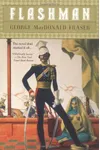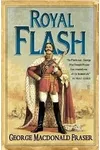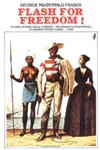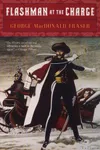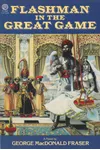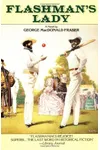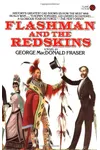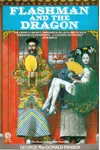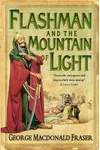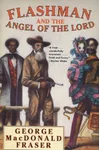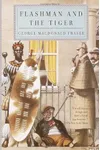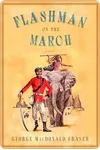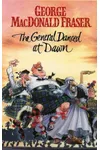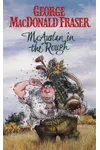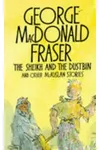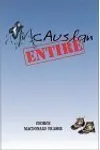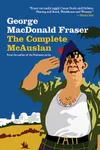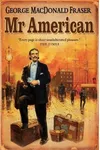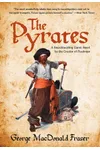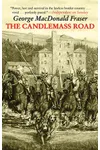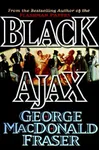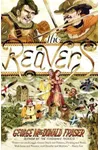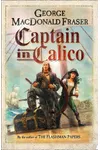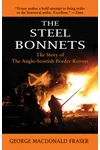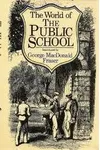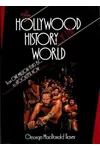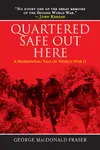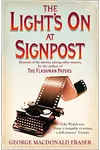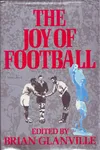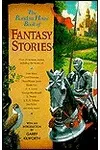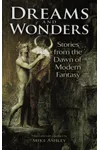Picture a Scottish storyteller who turned a schoolboy bully into the most dashing coward of the British Empire—meet George MacDonald Fraser! Born in 1925, Fraser crafted the uproarious Flashman series, blending meticulous historical detail with rollicking adventure. A World War II veteran and screenwriter, his witty tales of Harry Flashman’s misadventures have delighted readers for decades.
Fraser’s life was as colorful as his novels. From the battlefields of Burma to the newsrooms of Glasgow, his experiences shaped a unique voice that brought 19th-century history to life with a mischievous grin. Let’s dive into the world of this master of historical fiction!
The Making of George MacDonald Fraser
George MacDonald Fraser was born on April 2, 1925, in Carlisle, England, to Scottish parents—a doctor father and nurse mother. His father’s love for reading and Scottish heritage sparked Fraser’s early passion for stories. Educated at Carlisle Grammar School and Glasgow Academy, he admitted to being a lazy student, more enamored with tales of adventure than textbooks. At 18, he joined the Border Regiment, serving in Burma during World War II, an experience he later chronicled in his vivid memoir, Quartered Safe Out Here. After the war, Fraser worked as a journalist, eventually becoming deputy editor at the Glasgow Herald. It was here, in 1966, that he hatched the idea to resurrect Harry Flashman, the villain from Tom Brown’s School Days, as a roguish antihero.
George MacDonald Fraser’s Unforgettable Stories
Fraser’s Flashman series, starting with Flashman (1969), is his crowning achievement. Presented as memoirs of the now-elderly Harry Flashman, the novels follow the cowardly, womanizing soldier through real historical events—like the retreat from Kabul or the Charge of the Light Brigade—with a blend of humor and historical precision. Critics, including P.G. Wodehouse, praised the series for its wit and authenticity. Royal Flash (1970) sees Flashman entangled in European politics, while Flashman at the Charge (1973) hilariously recounts his accidental heroism. Beyond Flashman, Fraser’s The General Danced at Dawn (1970) offers semi-autobiographical tales of a Scottish regiment, showcasing his knack for dialect and comedy. His non-fiction, like The Steel Bonnets (1971), a history of Anglo-Scottish Border Reivers, reflects his scholarly rigor.
Fraser’s style is a delightful paradox: bawdy yet erudite, irreverent yet respectful of history. His meticulous research brought authenticity to Flashman’s escapades, while his sharp humor made even the most scandalous moments endearing. He also penned screenplays for films like The Three Musketeers (1973) and the James Bond film Octopussy (1983), infusing them with his signature swashbuckling flair.
Why George MacDonald Fraser Matters
Fraser’s impact lies in his ability to make history accessible and entertaining. The Flashman series not only entertained but also educated readers about the British Empire’s triumphs and follies, often through the lens of a morally dubious hero. His work inspired writers to blend historical accuracy with bold storytelling, and his creation of Flashman remains a cultural touchstone, influencing parodies like Blackadder’s Lord Flasheart. Fraser’s memoirs and non-fiction further cemented his reputation as a keen observer of human nature, earning him an OBE in 1999. His death in 2008 on the Isle of Man marked the end of an era, but his stories continue to captivate.
- Born: April 2, 1925, Carlisle, England
- Died: January 2, 2008, Isle of Man
- Key Works: Flashman, Royal Flash, The Steel Bonnets, Quartered Safe Out Here
- Awards: Officer of the Order of the British Empire (OBE), 1999
Ready for a wild ride through history? Grab Flashman and dive into George MacDonald Fraser’s wickedly fun world of historical fiction!
